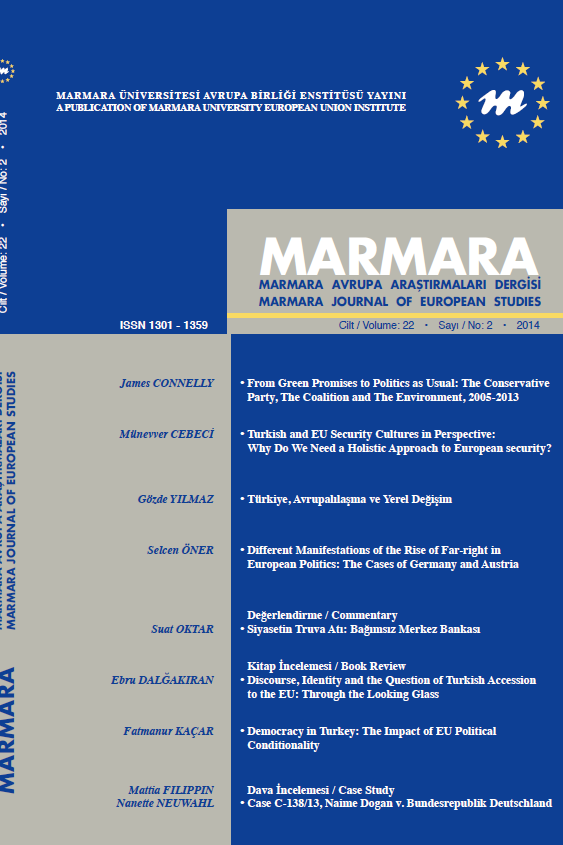EXCHANGING ONE UNION FOR ANOTHER? THE FORMATION AND ASCENT OF THE SCOTTISH NATIONAL PARTY
With increasing frequency, long-established multinational states in Western Europe are fracturing under the centrifugal pressures generated by the desire of ethnonational groups to achieve self-government. In Europe, the EU increasingly serves as a potential ally for ethno-national political movements (perhaps even a potential replacement) to what are perceived as the constrictions of the nation-state. In Britain, the Scottish Nationalist Party (SNP) began to achieve significant electoral competitiveness during the 1960s. It has now reached the point where it was the official opposition in the Scottish Parliament from 1999-2007,then became the largest party in the parliament and formed a minority government following elections on 3'd May 2007. The aim of this article is to survey the genealogy of nationalist mobilisation in Scotland as well as to identifY the factors that have fuelled the party's trajectory from that of a fractured pressure group in the 1930s and 1940s to that of a credible political actor today. Importantly, the article will elaborate on the party's oscilating attitudes to European integration since the 1930s and evaluate whether the Party will in fact be able, as it claims, to trade membership of the United Kingdom for membership as an independent state within the EU
Anahtar Kelimeler:
Minority Nationalism, Scottish National Party, European Integration, United Kingdom.
EXCHANGING ONE UNION FOR ANOTHER? THE FORMATION AND ASCENT OF THE SCOTTISH NATIONAL PARTY
___
- Swinney, J (2003, November 1). Speech to the Scottish Council of the European Movement, Perth. Retrieved July 4, 2004, from http://www .snp.orglindex _ 800 .php?pageName=home _content. php/speec hes_67(1). pdf
- UK:Scotland Reid accused of 'empire building' (1999, October 22) BBC News. Retrieved January 4, 2007 from http://news.bbc.co.uk/2/hi/uk _ news/scotland/480912.stm
- ISSN: 1301-1359
- Yayın Aralığı: Yılda 2 Sayı
- Yayıncı: Marmara Üniversitesi
Sayıdaki Diğer Makaleler
EXCHANGING ONE UNION FOR ANOTHER? THE FORMATION AND ASCENT OF THE SCOTTISH NATIONAL PARTY
AVRUPA BİRLİĞİ EĞİTİM PROGRAMLARININ TARiHÇESİ VE TÜRKİYE'NİN UYUM SÜRECİ
TÜRKİYE VE BAZI AVRUPA BİRLİĞİ ÜLKELERİNİN İSTATİSTİK (NUTS II) BÖLGELERİNİN KARŞILAŞTIRMASI
Ersin SANDAL, Mehmet GÜRBÜZ, Murat KARABULUT
THE ROLE OF EDUCATION AND CULTURE IN THE SOCIAL CONSTRUCTION OF THE EUROPEAN UNION
AVRUPA BİRLİĞİ SÜRECİNDE KARŞILAŞILMASI MUHTEMEL DİNİ-KÜLTÜREL SORUNLAR
